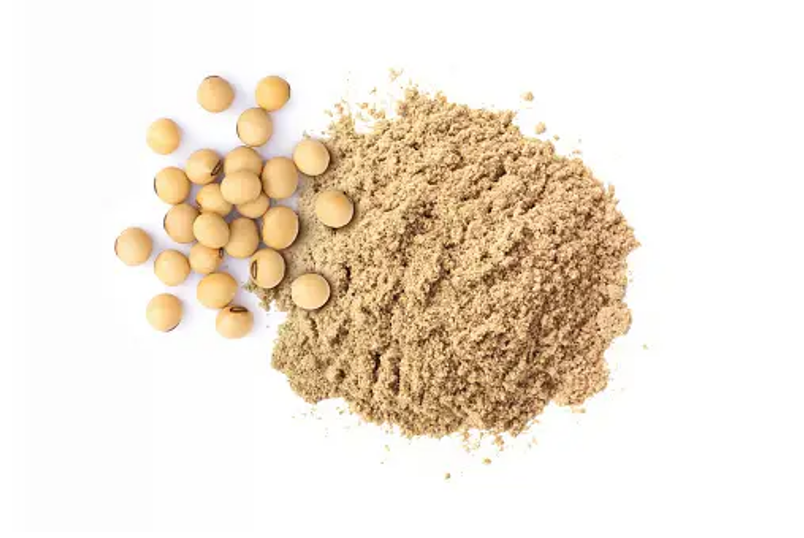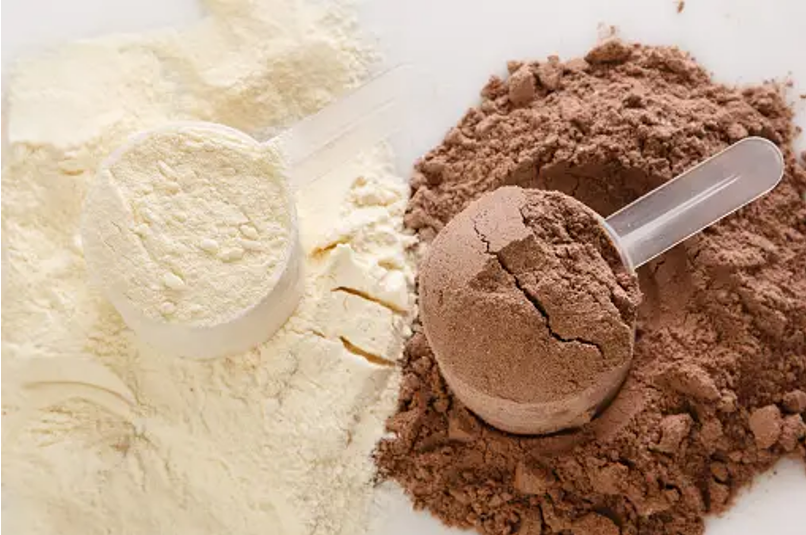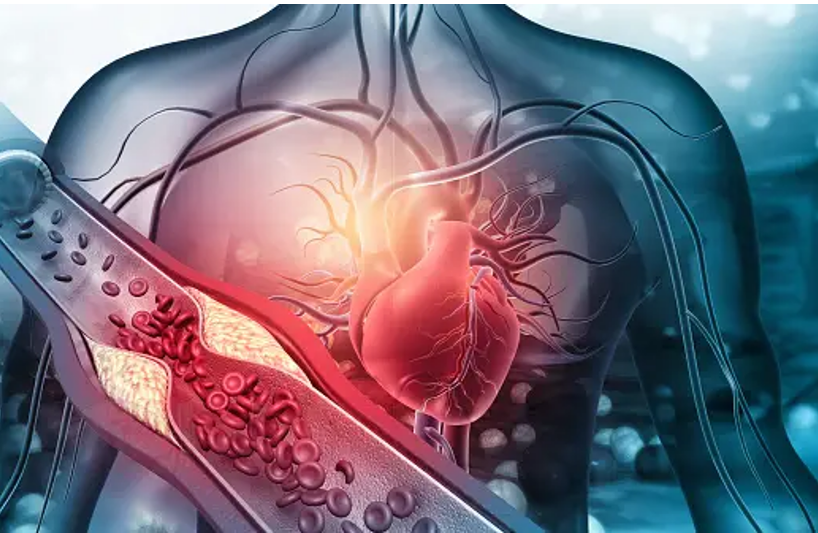
Soy (Glycine max) has remained a prominent animal and human nutrition component. Domesticated and originally grown in Asian countries like China, soy has maintained prominence in traditional Asian cuisine. It is intense in such foods as tempeh, edamame, teriyaki, miso, soy sauce, et cetera. The growing demand for Soy on a global scale has seen a shift in the growth base, with the U.S. and Latin American countries such as Brazil and Argentina being the top producers of Soy in terms of metric tons.
The growing demand for soy is rightly justified. Soy is a very reliable protein source and has powerful nutritional and health benefits. Today soy is consumed in various ways, including soymilk, soy meat, roasted soy, et cetera.
Here are five amazing health benefits you will get from soy proteins:
1. A Plant-based and Sufficient Complete Protein

One challenge that most non-animal protein foods face is that most of them don’t meet the criterion of a complete protein. A food is recognized as a complete protein if it contains all nine essential amino acids. Our bodies cannot produce essential amino acids independently and depend on our nutrition to supplement them. Conversely, incomplete proteins contain only a few essential amino acids in varying amounts, leading to deficiencies for those who resort to such foods only.
For people who resort to vegan or vegetarian diets, Soy protein is a perfect substitute for animal protein found in foods such as beef, mutton, chicken, fish, milk, and eggs. Unlike most plant proteins, soy has all nine essential amino acids, qualifying it as a complete protein.
While other plant foods can provide all the essential amino acids, the quantity remains the biggest challenge. Lysine, for instance, is available in most cereals and grains but in limited amounts. Soy foods make a considerable difference in a non-animal diet by providing all the essential amino acids in sufficient quantities. Consuming soy in various foods, such as soy milk, tofu, soy sauce, soy nuts, soy powder, etc., will provide your body with enough protein building blocks to meet your nutritional and health requirements.
2. Reduce Menopausal Symptoms

As women approach menopause—the time that marks the end of their menstrual cycles, usually diagnosed after twelve months without experiencing menses—their estrogen levels drop drastically. This may result in undesirable menopausal symptoms, including hot flashes (a spasmodic feeling of warmth that spreads over your body), vaginal dryness, frequent urination, and insomnia. All these symptoms are evidence that estrogen hormone levels are insufficient to regulate various functions of the woman’s body, and thus they need a boost.
Soy protein is a good solution for women experiencing menopause symptoms. Soy is rich in isoflavones which can make a huge difference in the health of females at menopause. Isoflavones are phytoestrogens that work like natural estrogen to regulate female reproductive health.
3. Have Anticancer Properties
While scientific studies on the relationship between soy foods and cancer are still ongoing, many reliable health researches and publications suggest that soy has anticancer properties.
Some opinions have suggested that soy foods could be a causative agent of breast cancer. Such a misconception was based on the fact that soy is rich in isoflavones which are plant-based estrogen. Extreme estrogen levels have been associated with an increased prevalence of breast cancer. However, it is important to note that soy foods do not contain isoflavones in quantities considered high enough to shoot the risk of breast cancer.
Women in intense soy-consuming areas such as Asia register lower breast cancer cases than their counterparts in less soy-consuming areas. Soy contains antioxidant properties calculated to kill cancer cells and inhibit tumor growth.
4. Boosts Cardiac Health

Cardiovascular health is essential to the entire functioning of human physiology. Most cardiovascular health problems are associated with nutrition, especially foods rich in bad cholesterol, also known as low-density lipoproteins(LDL).
While cholesterol is not necessarily dangerous, as our body needs it to protect its nerves and make thriving cells and hormones, LDL is. It coagulates in the interior walls of the blood vessels, raising the chances of cardiac health concerns such as heart attack or stroke. Soy foods are rich in good cholesterol or High-density lipoprotein (HDL), which counters the effects of bad cholesterol. Soy protein will free your vessels from unhealthy fats leading to blood pressure.
5. Helps With Weight Management
Obesity and being overweight is one of the great health problems in the world today. While others are dying for lack of food, others are for the opposite. All these challenges are related to nutrition, especially for those who consistently consume high-fat foods. One problem that leads most people to gain more weight is the irresistible cravings associated with animal protein leading to overnutrition.
Soy is rich in healthy fats while maintaining a lower quantity of saturated fats. Healthy fats, plus their high protein content, enhances metabolism. While soy protein keeps one satiated for a considerable time, it also puts unhealthy cravings under check, helping people avoid overeating and thus maintain weight. Soy protein will provide our protein requirements without going to extremes that can be counterproductive.
Conclusion
Soy protein has significant nutritional potential and health advantages for those who include it in their diet. For those who resort to a vegan or vegetarian diet, soy foods provide a sufficient proportion of essential amino acids, making it a worthwhile substitute for animal protein. For non-vegans, soy protein has significant health benefits, including reversing menopausal symptoms, boosting cardiovascular health, and providing anticancer properties. Soy protein has something for everyone.









